- BlackVoter.Org
- Posts
- BlackVoter.Org
BlackVoter.Org

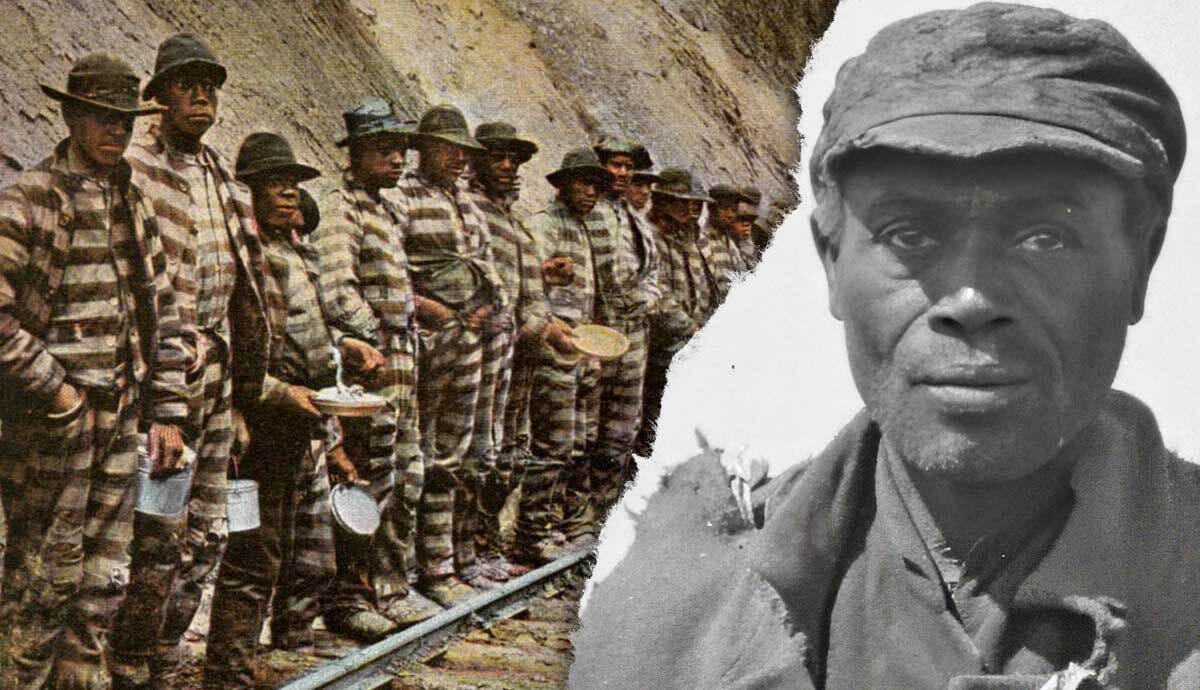
After the Civil War, the South introduced the Black Codes, revealing a grim reality for newly freed African Americans. These oppressive laws systematically stripped rights and freedoms from freedmen, forcing them into a cycle of exploitation that mimicked slavery.
Designed to control mobility, job opportunities, and even basic civil rights, the Black Codes criminalized daily life for Black citizens. Vagrancy laws allowed for arrest based on a lack of employment, leading to prison labor that was both brutal and profit-driven for white landowners.
While initially challenged by the Civil Rights Act and the 14th Amendment, the codes laid the groundwork for the Jim Crow laws that followed, perpetuating racial inequality. Despite these oppressive systems, African Americans fought back, fostering community, education, and political activism, illustrating that the struggle for true freedom was far from over.
The legacy of the Black Codes echoes through history, reminding us of the ongoing fight for civil rights and equality.
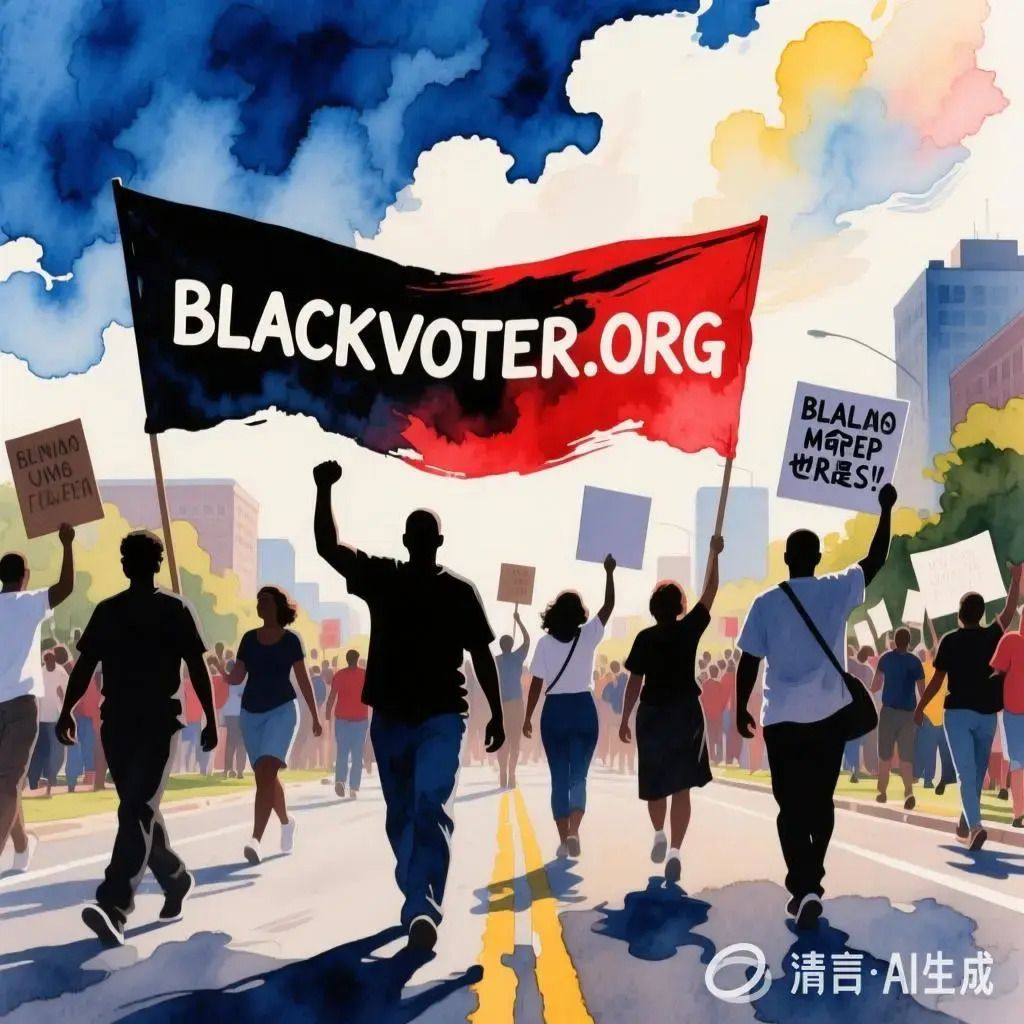

In "The Case for Black American Self-Defense," Rob Cameron argues that armed self-defense has historically been a crucial aspect of Black resistance in America. While figures like Martin Luther King Jr.
symbolize nonviolent protest, the reality is that African Americans have often had to take up arms in response to oppression. The article highlights instances of organized resistance, from slave revolts to the Black Panther Party, emphasizing that self-defense is not only a legitimate reaction to systemic violence but a necessary strategy for liberation.
Cameron contrasts the idealized narrative of peaceful protest with the complex history of armed resistance, asserting that it was this multifaceted approach that ultimately galvanized support for civil rights. In the face of rising white nationalist violence today, he underscores the importance of self-defense as a practical measure within the broader protest movement, showing that the conversation around self-defense remains relevant and urgent.
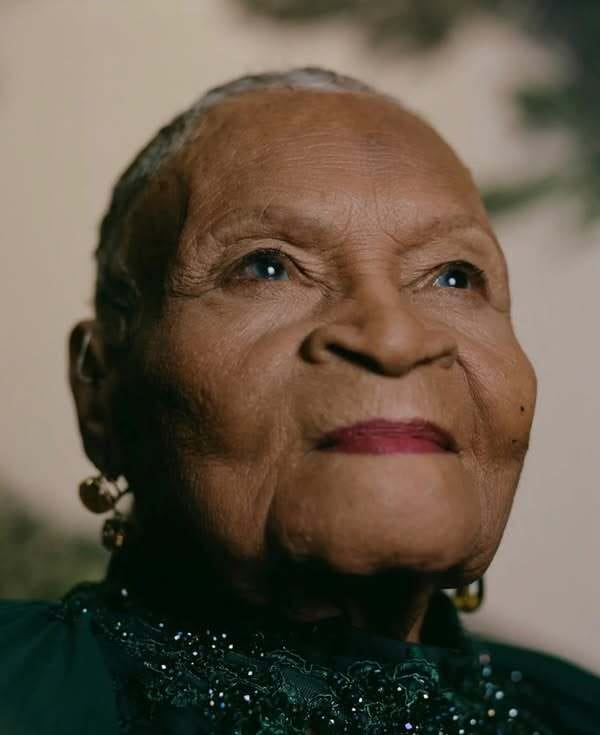
At GirlTREK, we celebrate the strength and resilience of Black women and girls, championing their health and well-being through community walking challenges and empowering initiatives. Our mission is to inspire a nationwide movement of women reclaiming their health, lifting each other up, and embracing the joy of walking together.
On this special day, we recognize the profound impact of self-care and the importance of sisterhood in fostering healthy lifestyles. Join us as we honor the legacy of Black women throughout history who have paved the way for us, and commit to our own journeys of wellness and empowerment.
Together, we stride towards a brighter future—one step at a time! Whether you’re a seasoned trekker or just starting out, GirlTREK welcomes you to be part of this transformative movement, making strides for ourselves and our communities.
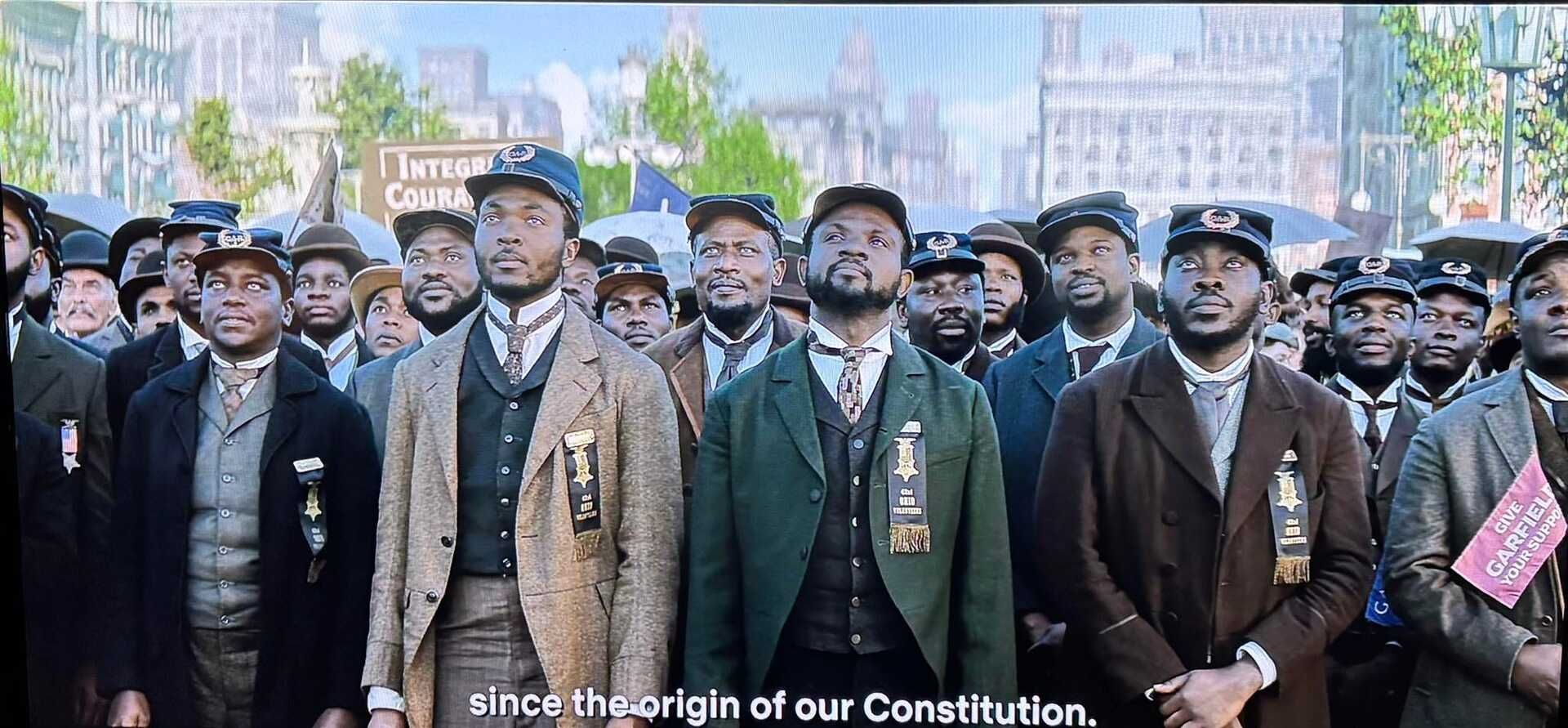
In the engaging Netflix mini-series "Death by Lightning," the life of President James A. Garfield unfolds, spotlighting a significant yet often overlooked aspect of history: the role of Black Civil War veterans.
One standout scene features a group of African American members of the Grand Army of the Republic (GAR) rallying at the 1880 Republican National Convention—an accurate depiction that highlights their post-war political participation. These men, primarily young veterans who served in the United States Colored Troops, actively shaped the political landscape during Reconstruction, advocating for civil rights and engaging in party politics.
While the series dramatizes their collective presence, it effectively emphasizes Garfield's commitment to civil rights, reflecting the Black veterans’ electoral activism during a pivotal era. This portrayal reminds viewers of the revolutionary impact the Civil War had on racial politics, showcasing the courage and aspirations of those who fought for their rightful place in society.

This Black Friday takes on new meaning as Americans rise in protest against policies that have left millions, particularly in Black communities, grappling with economic instability. With Black federal workers facing mass layoffs under Trump's administration, the financial toll is evident, especially for Black women, whose unemployment rate has surged to 7.
5%. Activist coalitions like Mass Blackout and We Ain’t Buying It are leading a holiday boycott, urging consumers to withhold their spending from companies they believe enable systemic racism and economic exploitation, such as Amazon and Home Depot.
LaTosha Brown, cofounder of Black Voters Matter, emphasizes that this is about much more than sales; it's a stand against the harm perpetuated by corporate complicity in harmful federal policies. As families navigate a financial crisis amidst holiday shopping, the movement advocates for economic justice and a refusal to support brands that turn a blind eye.
“Our dollars will go elsewhere,” they assert.
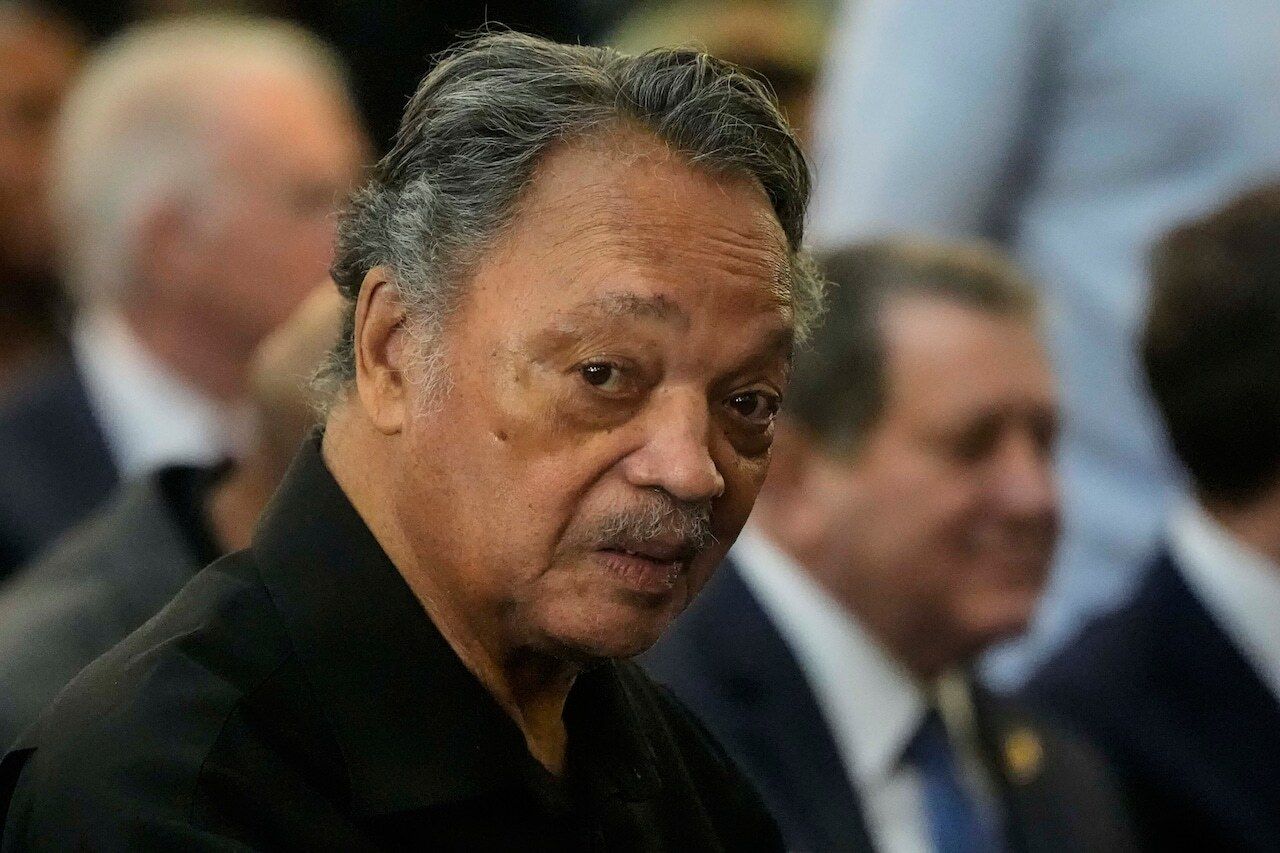
In a compelling exploration of political legacy, Johnnie R. McKnight delves into the intertwined lives of Rev.
Jesse Jackson and Barack Obama, two titans of Black political power. Drawing from Abby Phillip’s insightful book, “A Dream Deferred,” McKnight highlights how Jackson laid the groundwork for Obama, serving as a prophetic agitator in the Civil Rights Movement while striving for a multiracial coalition.
Jackson’s bold, pro-Black platform sowed pride but often alienated broader demographics. Meanwhile, Obama became a unifying figure, adept at building coalitions through his multicultural upbringing and deep understanding of the electorate.
Their stories showcase the evolution of Black leadership—Jackson daring to dream of possibility, while Obama fulfilled that dream through a national lens. Ultimately, their legacies converse rather than compete, illuminating the ongoing journey of Black political empowerment and the essential leadership America still needs.
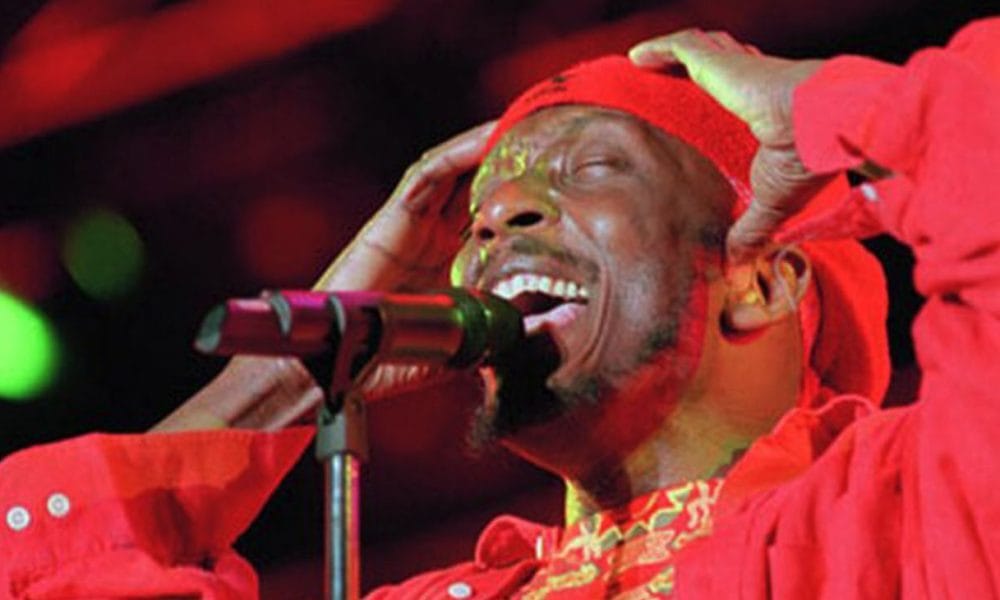
Legendary reggae artist Jimmy Cliff, a towering figure in music and a cultural ambassador for Jamaica, passed away at 81 after battling a seizure and pneumonia. Known for his hit songs like "The Harder They Come" and "Many Rivers to Cross," Cliff's six-decade career helped shape the reggae genre and elevated it to an international stage.
His impact was undeniable, fostering a parallel rise with fellow icon Bob Marley and promoting reggae's political and social messages. Cliff's evolution throughout his career saw him blend reggae styles with rock and pop, always with an emotional punch.
His charismatic performances captivated audiences, earning him a rightful place in the Rock & Roll Hall of Fame in 2010. His wife, Latifa Chambers, shared heartfelt tributes, thanking fans for their enduring support.
Cliff leaves behind a rich legacy of music that resonates through generations, making him an eternal symbol of resilience and artistry from Jamaica and beyond.